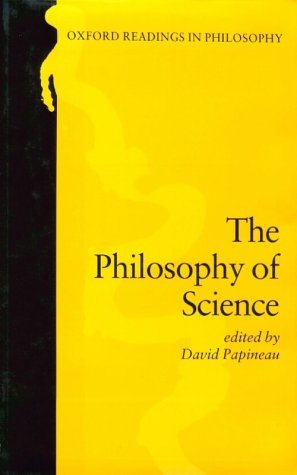
Author

David Papineau ( born 1947) is a British academic philosopher, born in Como, Italy.[1] He works as Professor of Philosophy of Science at King's College London and the City University of New York Graduate Center having previously taught for several years at Cambridge University where he was a fellow of Robinson College. Papineau was born in Italy and grew up in Trinidad, England and South Africa.[citation needed] He received a BSc in mathematics from the University of Natal and a BA and PhD in philosophy from the University of Cambridge under the supervision of Ian Hacking. He has worked in metaphysics, epistemology, and the philosophies of science, mind, and mathematics. His overall stance is naturalist and realist. He is one of the originators of the teleosemantic theory of mental representation, a solution to the problem of intentionality which derives the intentional content of our beliefs from their biological purpose. He is also a defender of the a posteriori physicalist solution to the mind-body problem Papineau was elected President of the British Society for the Philosophy of Science for 1993–5, of the Mind Association for 2009–10 and of the Aristotelian Society for 2013-4 His latest book Knowing the Score (2017) is written for a general readership, and looks at a number of ways in which sporting issues cast light on long-standing philosophical problems. Papineau lives in London with his wife, Rose Wild